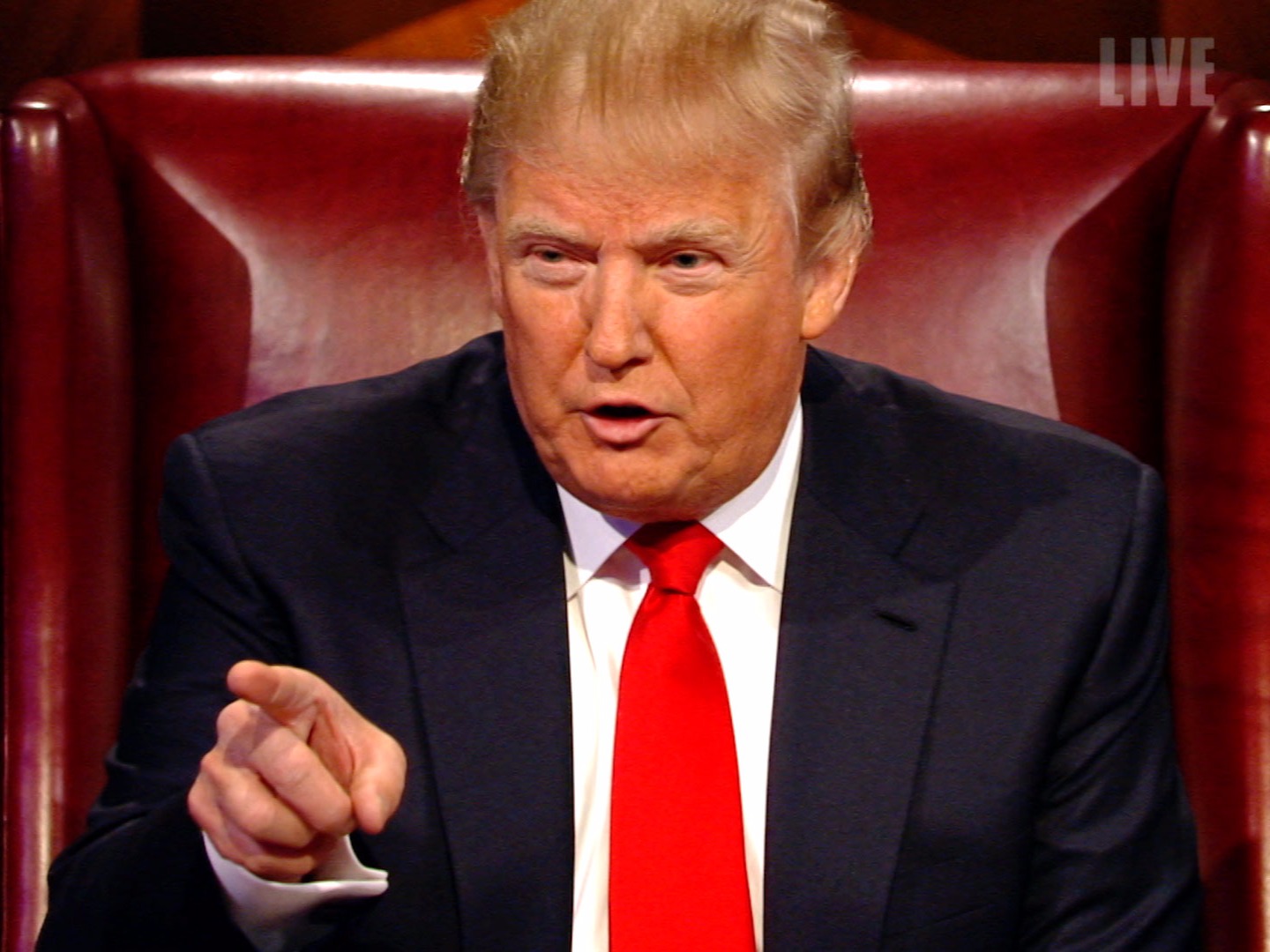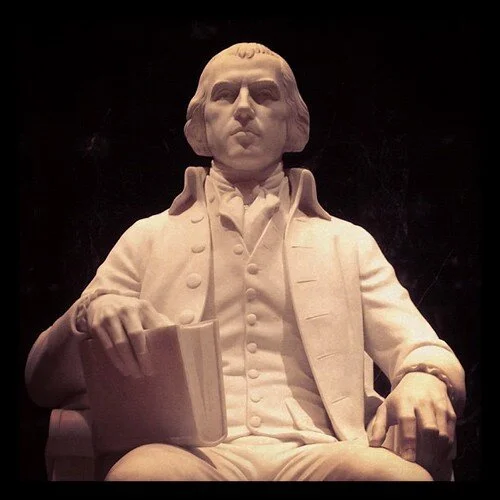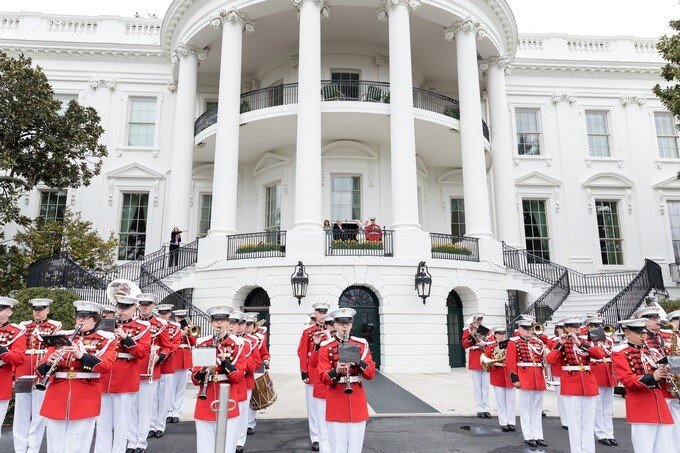Why the president can't unilaterally hire or fire who he wants By Daniel Tagliarina
The Sunday morning political talk shows were a buzz with Trump surrogates trying to address the president’s firing of FBI Director James Comey. One of these surrogates was U.S. Ambassador to the United Nations, Nikki Haley. In her interview on ABC’s This Week she stated: “What I can tell you is the president is the CEO of the country. He can hire or fire whoever he wants. That’s his right. Whether you agree with it or not, it’s the truth.”
George Stephanopoulos agreed, referring to it as “indisputably true.” This sentiment is both wrong, legally and constitutionally speaking, and also dangerous for purposes of accountability. Regardless of the specifics as to whether the nearly unprecedented action of firing the FBI Director was allowable or appropriate, it is a falsehood to assert that the president has sole discretion in hiring and firing governmental officials.
It is true that the president has great discretion in the area of many hiring and firing decisions within the executive branch. It is also true that Madison, while serving in Congress, articulated the position that hiring, and in particular firing, are powers left to the president.
Madison stated: “The question now resolves itself into this, Is the power of displacing an executive power? I conceive that if any power whatsoever is in its nature executive it is the power of appointing, overseeing, and controlling those who execute the laws.”
It was Madison’s belief that the Constitution was silent on the president’s power to fire, that this was an executive power, and thus the Senate should not be involved in firing decisions, or hiring for “inferior officers” as the Constitution states.
Hamilton, in Federalist No. 77 disagreed, stating, “The consent of that body [the Senate] would be necessary to displace as well as to appoint.” Madison’s interpretation, and not Hamilton’s, largely prevailed for the first 100+ years of the country. However, as the federal executive branch expanded, in particular through regulatory agencies, so, too, did the understanding of this power.
James Madison (Photo from U.S. Capitol)
The Supreme Court seemed to first side with Madison (and Haley, it would seem) in Myers v. United States, a 1926 case involving a challenge to Woodrow Wilson’s firing of Frank S. Myers, a first-class postmaster, under suspicions that Myers engaged in fraud. Under an 1876 federal law, presidents needed the advice and consent of the Senate to hire and fire first-, second-, and third-class postmasters. Wilson did not seek Senate approval before firing Myers. The Court ultimately agreed with Wilson’s actions, and found the 1876 law unconstitutionally restricted the president’s firing power.
However, nine years after Myers, the Court ruled in the opposite direction in Humphrey’s Executor v. United States (1935). In 1933 the newly-in-office President Franklin Roosevelt requested the Hoover-appointed commissioner of the Federal Trade Commission (FTC), William E. Humphrey, resign so that Roosevelt may staff the position with someone committed to the New Deal. Humphrey refused to resign and was eventually fired by FDR for policy disagreements with the president.
In Humphrey’s Executor (Humphrey died in 1934, but the executor of his estate sued for the salary Humphrey lost after his alleged-wrongful termination) the Supreme Court ruled against Roosevelt. The Court argued that the FTC was not a purely executive agency, and thus FTC commissioners could be removed only by following the procedures outlined by Congress.
In 1958 the Supreme Court again ruled against a presidential firing based on policy reasons. President Truman had appointed Myron Wiener to serve on the War Claims Commission. Upon taking office, President Eisenhower requested Wiener and the other War Claims commissioners resign to be replaced by Eisenhower appointees. When Wiener and the others refused, Eisenhower fired them and replaced them, through recess appointments, with his own choices. Wiener sued for lost wages and won at the Supreme Court.
The Court, comparing the War Claims Commission to the FTC, used its ruling in Humphrey’s Executor to again rule that the president must follow Congressionally stated procedures for the firing commissioners. Taken together, Humphrey’s Executor and Wiener indicate clear limitations on the president’s power to fire people at will, or for policy disagreements. Purely executive employees may still be fired at the discretion of the president, but this is not true of all executive agencies and employees.
Thus, despite Ambassador Haley’s assertion, the president cannot fire whomever he chooses, and certainly not for whatever reason he wants. The requirement of the advice and consent of the Senate for hiring many federal executive positions—including post masters, FTC commissioners, and commissioners for other federal executive agencies—indicates the president cannot hire whomever he wants either. It is probably worth mentioning the obvious, but Robert Bork or Merrick Garland would also be able to explain that the president cannot hire whomever he likes for federal positions in other branches of government.
Moreover, additional federal laws place limitations on whom the president may hire. For example, Title V of the U.S. Code pertains to Government Organizations and Employees. Within this area of federal law, 5 U.S. Code § 3110 covers the employment of relatives.
Photo from the White House
According to this law: A public official may not appoint, employ, promote, advance, or advocate for appointment, employment, promotion, or advancement, in or to a civilian position in the agency in which he is serving or over which he exercises jurisdiction or control any individual who is a relative of the public official. An individual may not be appointed, employed, promoted, or advanced in or to a civilian position in an agency if such appointment, employment, promotion, or advancement has been advocated by a public official, serving in or exercising jurisdiction or control over the agency, who is a relative of the individual.
The law’s definition of “public official” explicitly states that it includes the president. Thus, under federal law, the president is restricted from appointing, employing, or promoting relatives to positions within the executive branch. This is yet another (but by no means every) restriction on whom the president may hire.
What is clear is that, even with broad discretion, the president may not actually hire and fire whomever he chooses. It is not his right to do so. To argue that it is goes against federal law, the constitution, and the basic idea that the government is empowered by and beholden to We the People of the United States of America.
The president is not the CEO of the country as we have three coequal branches of government at the federal level, as well as separate sovereign state governments. The president is not CEO of the executive branch, as presidential powers are limited by the Constitution, federal law, and the other branches. Moreover, the U.S. is not a business, just as businesses are not governments. The analogy is flawed, and it is beyond time for this common refrain to end.
Daniel Tagliarina is Assistant Professor of Government at Utica College.







